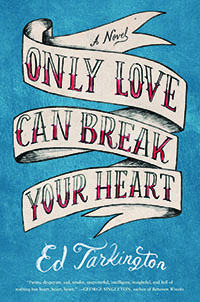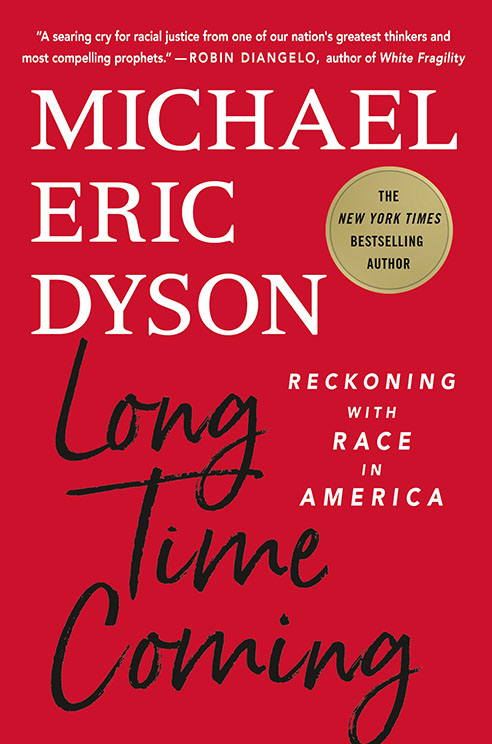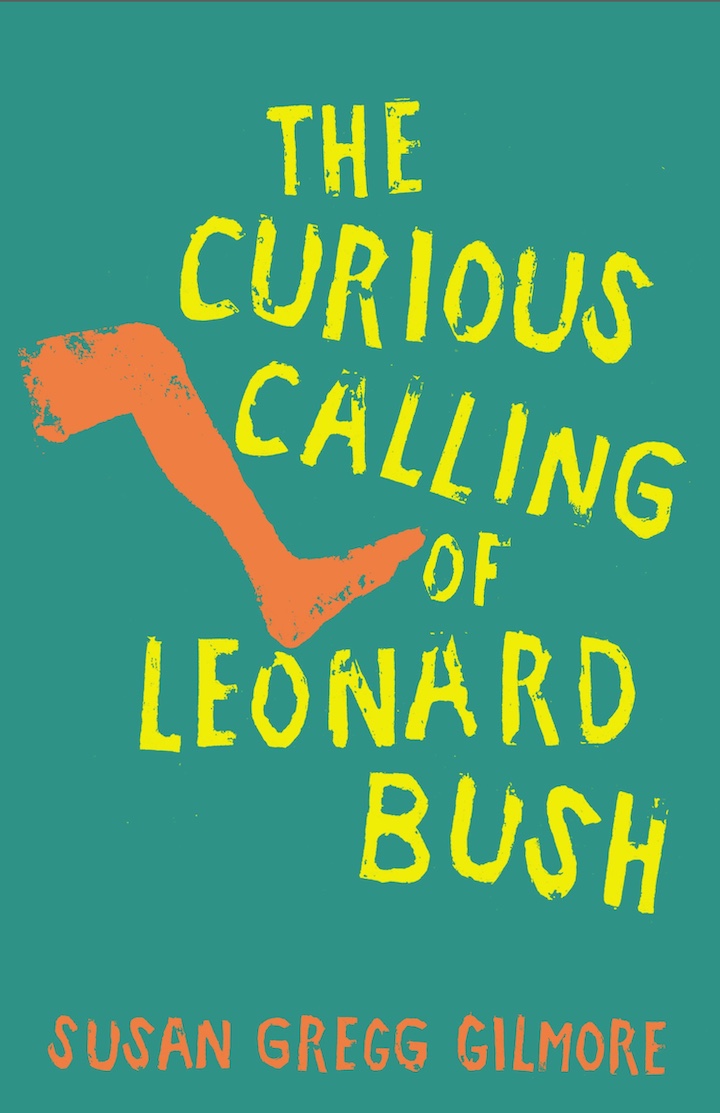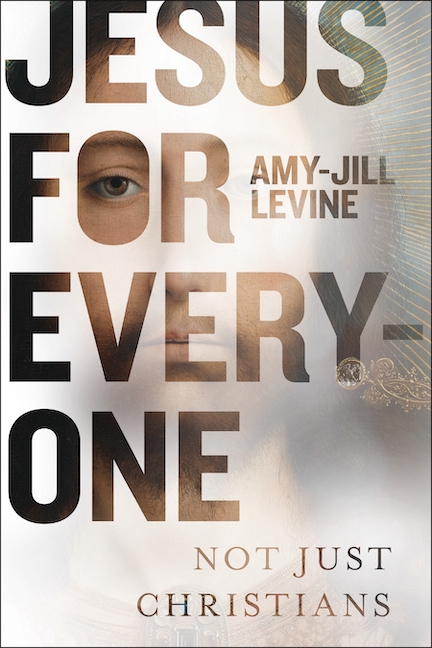A Southern Coming-of-Age Tale With Its Own Singular Sound
Ed Tarkington’s debut novel is an ode to love in all its complicated forms
The Southern coming-of-age tale has certain reliable elements. An adolescent encounters an obstacle to overcome. A rite of passage brings about personal growth. A small-town setting plays a role in the protagonist’s journey to enlightenment. Ed Tarkington’s Only Love Can Break Your Heart harkens back to predecessors such as Harper Lee’s To Kill a Mockingbird and Carson McCullers’s The Heart is a Lonely Hunter, Dorothy Allison’s Bastard Out of Carolina, and Sue Monk Kidd’s The Secret Life of Bees. The story follows a wide-eyed narrator from childhood to adulthood, from idealist to realist, in a South rife with class issues as well as racial and religious bias. Tarkington hits many of the classic bildungsroman’s familiar notes along the way. But the cast of characters and the rural Virginia town he populates in his accomplished debut are nonetheless singular.
 Glen Rose copy_0.jpg) Only Love Can Break Your Heart has its own singular sound as well, a musicality that sets it apart from its literary forbears. The title of the novel comes from Neil Young’s 1970 ode to youthful heartache. “When you were young and on your own/how did it feel to be alone?” It’s a mournful tune with a touch of innocent longing, and Richard “Rocky” Askew’s look back on his boyhood is as bittersweet as his anthem. There’s history woven into the fabric of Rocky’s tale—the pot-smoky haze of the 1970s, the Reaganomics of the 1980s, the grunge of the 1990s—evoked by a soundtrack with a backbeat that drives the narrative forward through time. Yet Only Love Can Break Your Heart is not a plot-driven novel. Plot is what happens to the characters. If we don’t care about them, there’s no reason to keep turning pages. The suspense in Tarkington’s storytelling is a product of our attachment to the people he’s created and our need to know what becomes of them.
Only Love Can Break Your Heart has its own singular sound as well, a musicality that sets it apart from its literary forbears. The title of the novel comes from Neil Young’s 1970 ode to youthful heartache. “When you were young and on your own/how did it feel to be alone?” It’s a mournful tune with a touch of innocent longing, and Richard “Rocky” Askew’s look back on his boyhood is as bittersweet as his anthem. There’s history woven into the fabric of Rocky’s tale—the pot-smoky haze of the 1970s, the Reaganomics of the 1980s, the grunge of the 1990s—evoked by a soundtrack with a backbeat that drives the narrative forward through time. Yet Only Love Can Break Your Heart is not a plot-driven novel. Plot is what happens to the characters. If we don’t care about them, there’s no reason to keep turning pages. The suspense in Tarkington’s storytelling is a product of our attachment to the people he’s created and our need to know what becomes of them.
We first meet almost-eight-year-old Rocky in 1977. He worships his big brother Paul, a long-haired hippie who cruises the backroads of Spencerville, Virginia, in his Chevy Nova, blasting Neil Young with his beautiful girlfriend, Leigh, at his side. Rocky tags along until Paul plans an act of vengeance against their authoritarian father and then disappears, on the run from his regrets, and the story leaps ahead seven years. Rocky is now a teenager wounded by his boyhood hero and being used for more than sexual favors by an older woman. Their affair has consequences reaching far beyond Rocky’s morally questionable induction into manhood. In the aftermath of a hideous local crime, the novel’s entire cast of characters falls under suspicion.
 Even when this Southern coming-of-age tale turns Southern Gothic, given over to violence and madness, it doesn’t lose its heart. There’s still the burgeoning love story of Rocky and Cinnamon, the tattooed wild child who gives him a taste of something “pure and good and true” in the wake of Patricia’s corruption. There’s the unrequited love of Paul and Leigh. More than whodunnit, the reader wonders what will become of these flawed but endearing people. Tarkington’s characters seem to live and breathe, their troubles real and recognizable.
Even when this Southern coming-of-age tale turns Southern Gothic, given over to violence and madness, it doesn’t lose its heart. There’s still the burgeoning love story of Rocky and Cinnamon, the tattooed wild child who gives him a taste of something “pure and good and true” in the wake of Patricia’s corruption. There’s the unrequited love of Paul and Leigh. More than whodunnit, the reader wonders what will become of these flawed but endearing people. Tarkington’s characters seem to live and breathe, their troubles real and recognizable.
At the core of this small-town Southern story there are universal truths that transcend regionalism. If not for the crackling emotion powering this traditional bildungsroman—the loss of love to death and time, the struggle to find and keep a home, the confusion and despair of growing up—its straightforward prose might fall flat. From the opening page of Only Love Can Break Your Heart to the wrenching last, human relationships remain the narrative’s most compelling force.
Yes, this is a novel about love, but not just the romantic kind. It’s an ode to love in all of its complicated forms: between estranged brothers, between fathers and prodigal sons, between a boy and his hometown. When Leigh insists she can’t wait to put Spencerville in her rearview mirror and never look back, Rocky wisely predicts, “You won’t stay away forever.”
There are ties that bind us, for better or worse, to home and each other. Spencerville’s inhabitants might flee the bounds of their geography and of their own flesh and blood, but again and again they return to the land and the family of their origin. Much as Rocky tattoos across his arm the lyrics of the song that tells the truest truth of his bittersweet rite of passage, this novel reminds us that our own coming-of-age tales are inked beneath our skins. Maybe the best we can hope to learn on our journey from innocence to adulthood is that, with love, anything is possible. We can forgive those who hurt us and go on loving them until we die. It’s true: love always comes with the risk of a broken heart. But as Rocky asks himself, and the reader, who wants to live without it?

Novelist Amy Greene is the New York Times-bestselling author of Bloodroot and Long Man. Her third novel, The Nature of Fire, is forthcoming from Knopf. Greene lives with her family in the Tennessee foothills of the Smoky Mountains.


